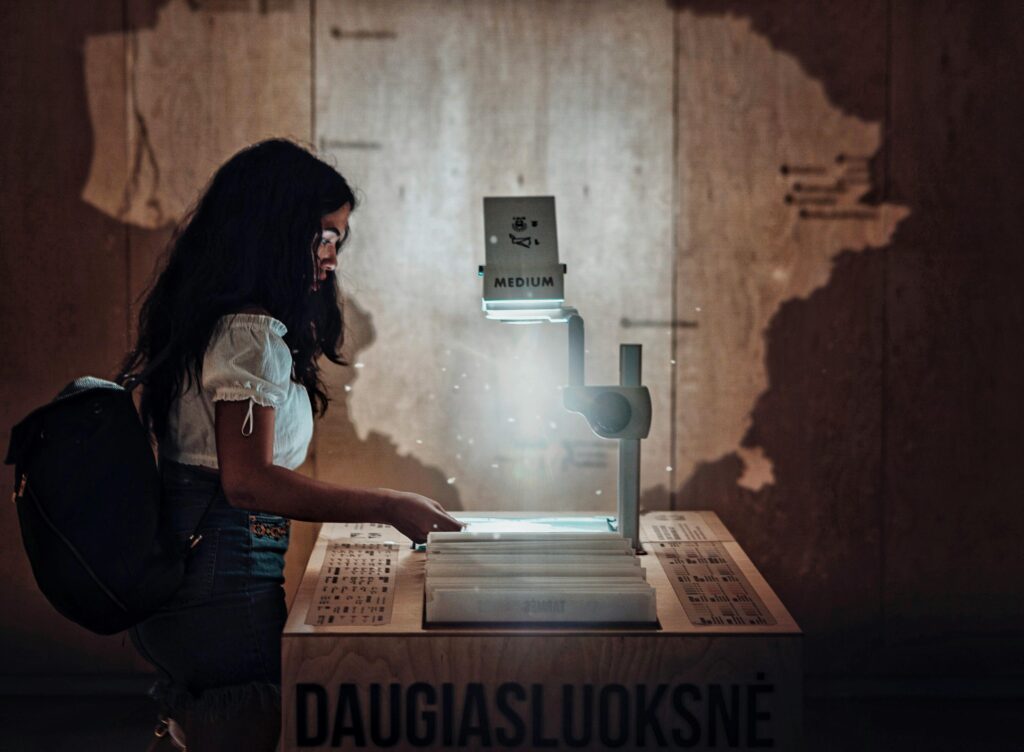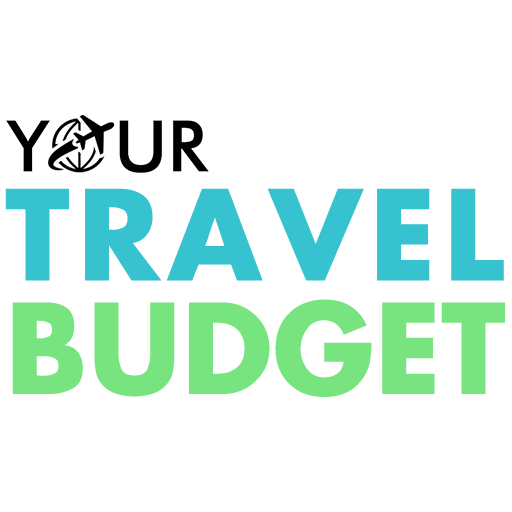Table of Contents
Cheap Travel in Paris for students
France is a dream country for most students since it is full of history, art, great architecture, delicious food, and fun. Nonetheless, it can still be quite terrifying to think about traveling through France, much less the expenses that come with it. Thankfully, this has changed, and with the right planning and helpful tips, students can do this beautifully without spending too much. Regarding meals, numerous cheap eating places are available, from cheap hotels to cherries to cheap transportation, and so much more you can do while exploring the French countryside and cities. In this article, I will try to share eight pieces of advice on traveling in France as a student without having to break the bank.

1. Affordable Accommodations
Reduced expenditure is always important when students are traveling, especially in France, so they should look for cheaper places to sleep. A good choice would be hostels, they are cheap and allow a person to interact with other tourists. Another thing that many hostels offer is communal kitchens, which can be an advantage if you don’t want to spend much money on meals. Further, many hostels facilitate occasions for socializing, an economically friendly method of engaging in social activities while having fun.
There is also the possibility of searching on the Internet for an apartment for rent, choosing the necessary option at Airbnb or Couchsurfing services. Such services will include cheap hotels in the neighborhoods, implying that you will get a real taste of French culture. Choosing a hotel district that is not very popular with tourists is also less expensive and offers a flavor of regular French life. Thus, discovering these cheap hotels will greatly save you when traveling to your desired destination.
2. Use Public Transportation
The universities are well connected through an efficient public transport system in France, and the students can easily and cheaply move from one city to another. Both trains and buses are usually cheaper than flights, and one can pre-arrange them several months in advance. There are several passes that the French rail system, SNCF, offers to students, among which is the Youth card, which gives students a ticket price as a discount.
Other means of transport include trams, buses, and metro systems found in urban centers within cities to enable one to move within these cities without breaking the bank. Take advantage of the daily or multi-day transport pass if you’ll be using public transport more often than using it for a single trip. The second one is that taking public transport can help you avoid spending money on a car, and, at the same time, feel the local atmosphere interacting with the population.
3. Explore Free Attractions
Most of the attractions in France are historical, as the country is known for its long cultural background, and visiting them is free of charge. Some museums, including the Musée d’Art Moderne and Petit Palais in Paris, will let you in for free and get the best views of the world’s art. Also, the country’s historical sites, parks, and gardens can be visited for free. For example, in Paris, there are local places like Luxembourg Gardens or cities with coastal links, like the Promenade des Anglais in Nice, such as attractive areas for relaxation.
Always check out free events and festivals within the period that you’ll be traveling so that you can add them to your itinerary. Sometimes, with the inclusion of culture, without the inclusion of commercials, many cities provide open-air, outdoor free music concerts, exhibitions, and other related events, especially during the summer season. In this case, free sightseeing options will help you make your trip more interesting while spending much less.
4. Dine Smart
Going out for a meal is expensive as everything adds up on the bill very fast. However, it is possible to dine French without paying through your nose. Local restaurants and cafés should be recommended for lunch, where eateries include special lunch prices or offer a prix fixe, which gives individuals a full meal for a lower price. Also, bakeries offer tasteful and, thus, cheap working lunches in the form of sandwiches and other baked pastries.
Supermarkets and the markets are also very good when buying cheap foods. While traveling around the French countryside, fixing your meals with food bought from supermarkets in hostel kitchens or having a picnic in the parks reduces the costs of meals. Another thing worth mentioning is the opportunity to try various mutual street product products – tasty and sometimes relatively cheap. Metering portion control and choosing the right types of dishes will help you enjoy French food without straining your wallet.
5. Take Advantage of Student Discounts
Many tourist attractions, museums, and transportation services provide student discounts, so it will be easy for you to tour around France cheaply. Ensure you always have your student ID with you, as it can be used to get a discount on the entrance fee and sometimes food. For instance, the Louvre Museum we saw was cheaper for students, and most cities are known to have discount cards for students and college qualifications through which they get a fraction of the price of the attractions.
Besides cultural attractions, many student-oriented services provide some kind of discount and/or special deals for students regarding transportation, accommodations, etc. You might want to ask the authorities in many hostels and hotels whether there are lower prices for students. Using student discounts, you would save money and spend it on other valuable and exciting attractions in France.

6. Exploring Unfamous Locations
Notable cities such as Paris, Nice, and Lyon may be the standard under obvious travel ideas but attempt to include regions without many tourists. Local and rural places are very picturesque, buildings may be Rentals are cheaper than in some big cities. For instance, places like Avignon, Carcassonne, and Aix-en-Provence will afford to give a learning aspect of French culture and traditions at an incredibly cheap price.
Tourist attractions can also opt for off-beat locations and get real experience of the place, which includes markets, fests, food, etc. In some cases, these destinations are no less attractive and are more of a pleasant change when compared to the generally crowded tourist sites. You can dare to go off the advised route in many places, adding value to your trip and avoiding expensive tourist traps.
7. Embrace the Outdoors
France is famous for its beautiful natural features and offers many free or low-cost outdoor options. Anyway, adventure is always exciting and often cheap, whether trekking in the French Alps, cycling in Bordeaux vineyards, or walking along the cliffs of Côte d’Azur. Some great places students can visit include national parks and natural reserves, which have substantially low entry charges.
Besides hiking and cycling, one could also take picnic lunches to the ample parks and gardens throughout France. Eating local breads, cheeses, and fruits and vegetables from markets can make a delightful and economical meal in pleasant surroundings. This means that if you embrace the various outdoor activities, you will appreciate France’s beauty without overspending.
8. Plan Ahead
If you are to avoid spending much on your trip to France, then preparing in advance is the best way to go. Saving on travel and personal expenses, you should closely examine destinations and their offerings in advance. Generally, if you plan to travel by train, you should book tickets and accommodation in advance because the price will rise once the date of intended travel approaches.
You should also develop a daily schedule or, better still, have a rather elastic timetable to capitalize on the random incidents that are likely to occur on your trip. As for tours or attractions, always have the default plan of checking the availability at the last moment and always be flexible in case of any changes. With careful planning and the ability to remain a bit more fluid, you can get much more enjoyment out of your travel and waste a lot less money.
Conclusion
It is easy and fun to travel in France on the cheap, but at the same time, doing it can also be very enjoyable. By taking a few extra minutes to schedule their classes around the landmarks or just being a little inventive, students can take full advantage of the beautiful scenery and culture of the country without burning a hole in their pockets. These general money-saving tips should help you get the most out of your student’s trip to France, from the cheap places to stay and how to eat well to get the best student discounts to how to go out and embrace the green. By going for the cheaper holidays, you will be able to have memorable moments and moments to remember all your life.
FAQs
Where can I get the cheapest lodging in France?
Consider using hostels, guest houses, or even Airbnb channels for accommodation. Early booking also assures one book at higher discounts, particularly during registration for the big events.
Is it possible to receive a student discount for the attractions?
Of course, many sights, museums, and transport services provide student identification cards. These savings apply only if you always have your student ID with you.
What’s the best way to travel between cities?
The train system is, most of the time, the cheapest and the fastest method to use. Students should try to find passes and discounts available when paying for fares.
Can I find affordable dining options in France?
Absolutely! Local restaurants, bakeries, and supermarkets should be approached to get cheap meals. What about having meals in the park because they are fairly cheap?
What outdoor activities can I enjoy in France?
France has many things to do in the open air – from hiking to cycling and visiting national parks. Most of these activities are inexpensive or even no cost and enable you to appreciate magnificent scenery.

